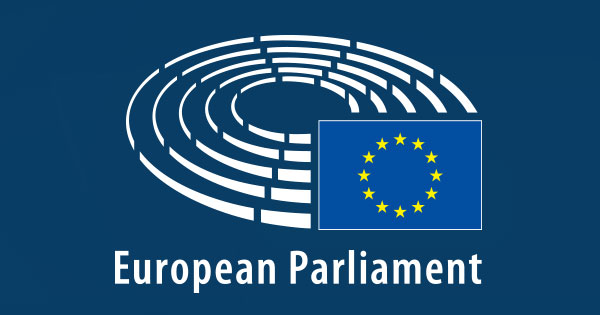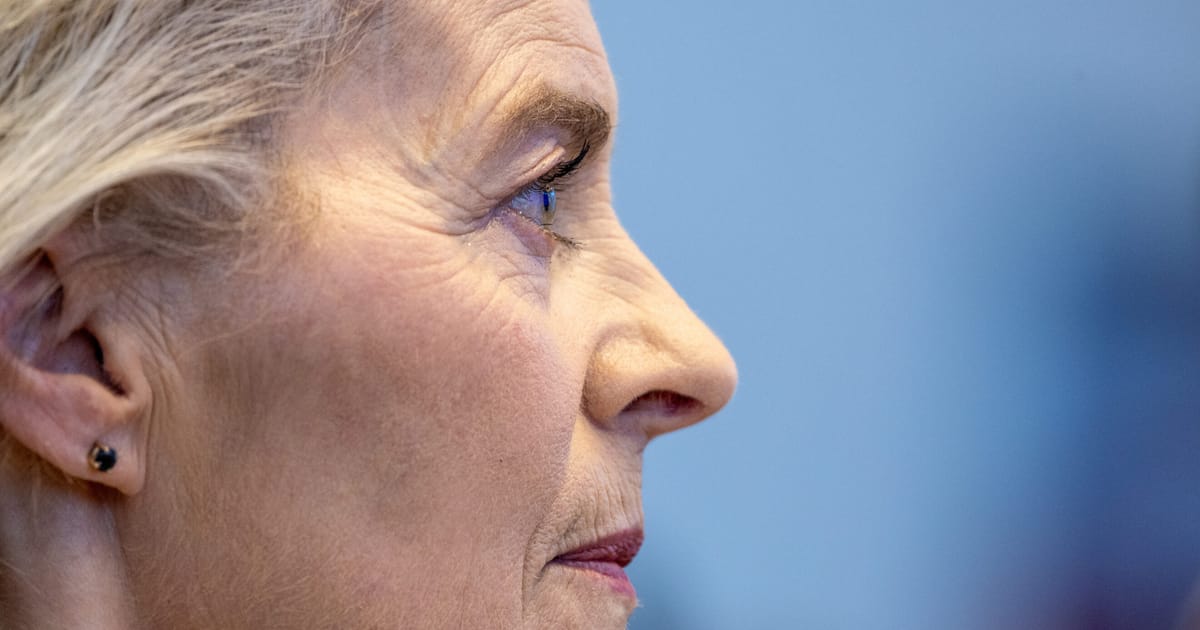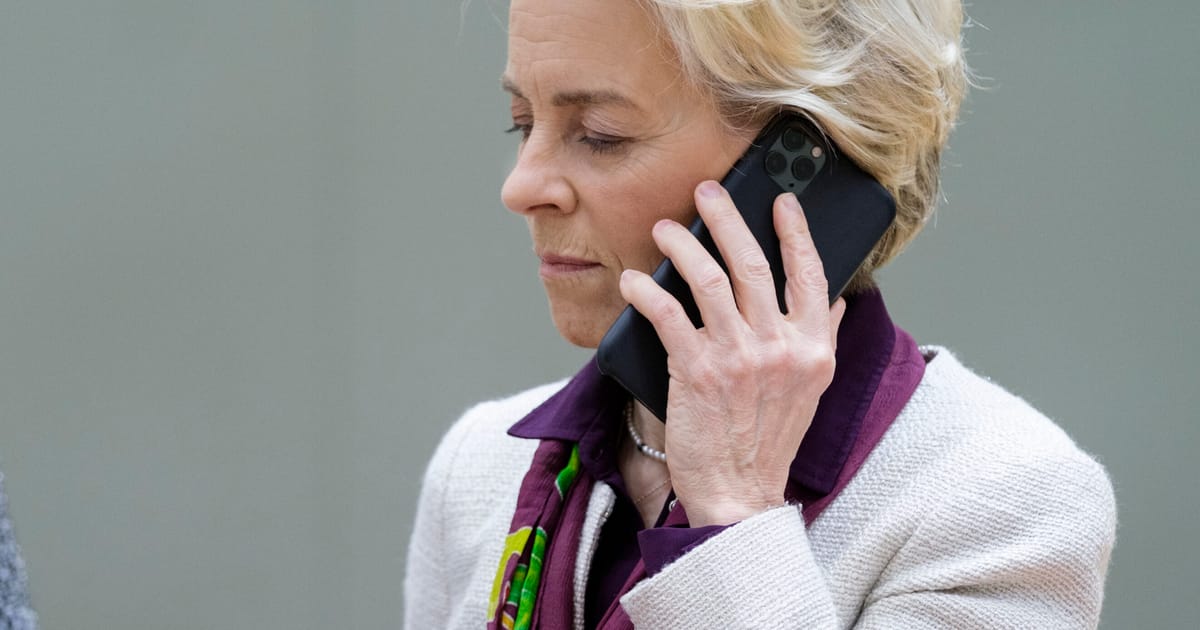EU Affairs
Press release – MEPs seek to improve trainees’ working conditions across the EU

Read more on post.
The Employment and Social Affairs Committee has proposed changes to new EU rules on traineeships, in a report adopted on Tuesday by 42 votes to nine, and with six abstentions. The objective is to ensure proper working conditions for trainees and to dissuade companies from disguising regular jobs as traineeships.
Types of traineeship
The Employment Committee MEPs have set out a clear definition of what constitutes a traineeship, stressing that it should be for a limited time and involve entry-level work, facilitating the transition from education to employment. They want all traineeships to be included under the new rules, except for mandatory traineeships that are an integral part of studies or apprenticeships.
No contract, no traineeship
Employment MEPs stress that all prospective trainees should receive a written traineeship agreement describing pay, tasks, learning objectives, rights and obligations, and the duration of the traineeship. Traineeships should last no longer than six months, unless duly justified. Trainees should also have access to social protection, including health insurance, unemployment benefits and pension contributions, the text says.
Combating abusive practices
A traineeship that is not paid in accordance with national law, lacks a training component, or has no mentorship or evaluation, should be considered an abusive practice, according to MEPs, as it means an employment relationship is being disguised as a traineeship. The members have introduced additional alarm bells to help detect and combat these practices, such as when a trainee undertakes multiple or consecutive traineeships with the same employer or the lack of a comprehensive vacancy notice.
To facilitate the enforcement of the new rules, the MEPs on the Employment and Social Affairs Committee support a proposal to oblige companies to share upon request data on traineeship numbers, durations, working conditions, and more, with the competent national authorities.
The new rules would make it easier for trainees to report malpractice, as there would be channels for reporting poor working conditions anonymously and safely. The MEPs also want organisations to designate a person to whom trainees would be able to turn for advice and support in cases of suspected malpractice.
Quote
Rapporteur Alicia Homs Ginel (S&D, ES) said: “Today the European Parliament is sending a clear message to young people across Europe: their work matters, and their rights must be protected. After a year and a half of intense work, this directive is our response to the calls from young people during the Conference on the Future of Europe and the European Year of Youth. It tackles widespread abuses and disguised employment, guarantees fair pay and social protection, and ensures that traineeships are a genuine path towards standard quality employment”.
Next steps
The Employment and Social Affairs committee also voted to start interinstitutional negotiations, by 41 vote to 14, and with one abstention. If no objections are raised during the announcement of the mandate at Parliament’s upcoming plenary session, talks with the Council on the final form of the directive can begin.
Background
The European Commission’s draft traineeship directive came in response to a 2023 European Parliament call to set minimum traineeship quality standards, including rules on duration, remuneration and access to social protection, in accordance with national laws and practices.
EU Affairs
Shooting down Russian jets ‘on the table,’ von der Leyen says

Read more on post.
The Commission president’s comment follows an assertion by U.S. President Donald Trump that NATO countries should shoot down Russian jets that violate their airspace.
AI generated Text-to-speech
EU Affairs
Von der Leyen’s messages auto-delete to save space on her phone, Commission says

Read more on post.
The use of disappearing messages is recommended in Commission guidance called “Checklist to Make Your Signal Safer,” from 2022.
“On the one hand, it reduces the risk of leaks and security breaches, which is of course an important factor,” Commission spokesperson Balazs Ujvari said. “And also, it’s a question of space on the phone — so, effective use of a mobile device.”
“The president has been complying with these internal guidelines and is using the disappearing message feature, which explains why we could not retrieve any such SMSs.”
He added: “SMSs may have to be registered under certain circumstances — for example, if there is a need to follow up, if there’s an administrative or legal impact.”
In the case of Macron’s message, the Commission concluded that it didn’t meet that threshold. That decision was made by von der Leyen’s powerful head of cabinet, Bjoern Seibert.
“He was one of the actors taking part in this discussion,” Ujvari said. “The President assessed the SMS with her Head of Cabinet and relevant services within the Commission.”
This isn’t the first time von der Leyen’s phone habits have raised eyebrows. Her text exchanges with Pfizer CEO Albert Bourla over Covid vaccine contracts were never archived — prompting an ongoing Ombudsman investigation dubbed “Pfizergate.”
EU Affairs
Jailed mayor urges EU to halt Bulgaria’s slide toward authoritarianism

Read more on post.
The European Commission president’s trip comes on the heels of an announcement by Germany’s Rheinmetall that it plans two new factories in Bulgaria, making the country Europe’s largest gunpowder manufacturer.
Aug 31
3 mins read
-
Culture2 days ago
Taylor Swift’s new cinema outing generates more than €12million in just 24 hours
-
Politics2 days ago
European Parliament snubs Orbán with vote to shield Italian MEP from Hungarian arrest
-
Culture1 day ago
Milan Fashion Week 2025: Unmissable shows and Giorgio Armani in mind
-
Business14 hours ago
Households to be offered energy bill changes, but unlikely to lead to savings
-
Opinion2 days ago
AI Is Pointless If It Doesn’t Boost Productivity
-
Culture2 days ago
Nostalgia and cherry pie: Finding solace from anxiety at Twin Peaks’ Double R diner
-
Culture2 days ago
Marvel stars Mark Ruffalo and Pedro Pascal stand up for Jimmy Kimmel as Disney boycott intensifies
-
Culture1 day ago
Traitors Ireland finale: A tense and thrilling conclusion to a spectacular first season











































